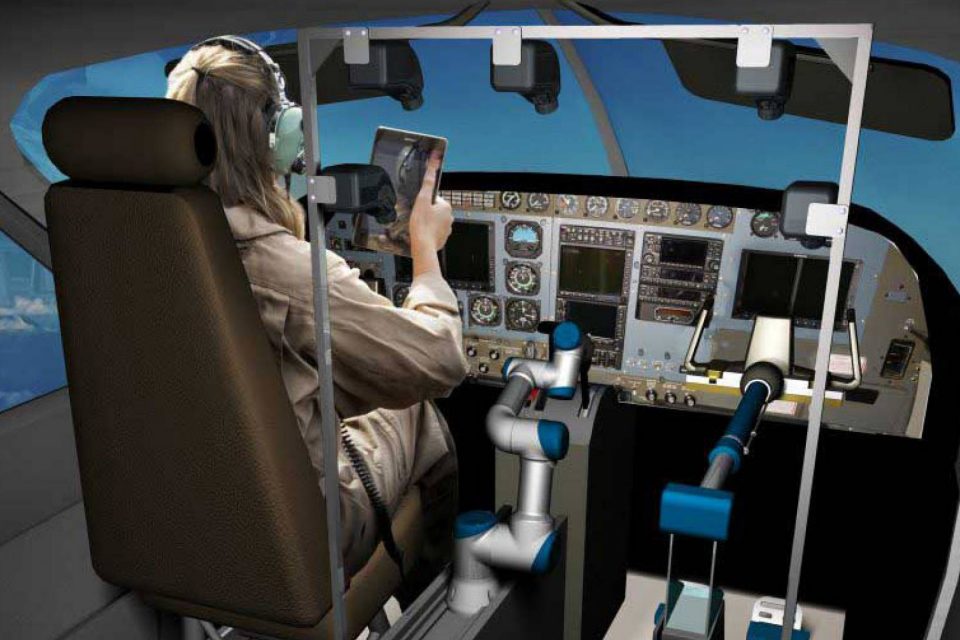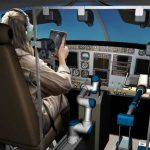Delta Air Lines is exploring wearable robotic suits to augment employee safety for some of its employees

The Atlanta-based Delta Air Lines is exploring the possibility of outfitting some of its employees with “wearable robotics.” The airline said Thursday in an announcement on its website. The new robotic suit technology would protect employees from injury by giving them an additional layer of strength and protection. The plan is part of the Exoskeleton Technical Advisory Group (X-TAG) that will think about the best ways to bring full-body, powered industrial exoskeleton systems to the workforce. The groups is led by Sarcos Robotics with other X-TAG members include Bechtel, BMW, Caterpillar, GE, Schlumberger and additional leading companies representing aviation, construction, heavy machinery and utilities.
Delta Airline is not a stranger to futuristic technologies, In May 2017, Delta invest $600,000 in four automated self-service bag checking kiosks, including one that will incorporate artificial intelligence and facial recognition technology. The airline claimed that facial recognition technology will be used to verify customer identity by matching customer faces to passport photos. Delta is an initial member in an Exoskeleton Technical Advisory Group (X-TAG) that will think about the best ways to bring full-body, powered industrial exoskeleton systems to the workforce. Led by Sarcos Robotics, other X-TAG members include Bechtel, BMW, Caterpillar, GE, Schlumberger and additional leading companies representing aviation, construction, heavy machinery and utilities.
In a separate company release, Sarcos Robotics announced the formation of an industry focused Exoskeleton Technical Advisory Group (“X-TAG”). The group is comprised of executives from leading companies across a variety of industries including industrial manufacturing, automotive, aviation and aerospace, construction, oil & gas, and utilities, the X-TAG is working with Sarcos and industry groups to identify key performance and safety requirements necessary to bring powered and quasi-passive, full-body industrial exoskeleton systems to the work force.
“There is no greater responsibility we have than to keep our people and our customers safe,” said Gil West, Delta’s Chief Operating Officer. “This X-TAG is an innovative opportunity to think about how fitting our employees with wearable robotics can build on our strong personal safety culture and further protect our people from injury by giving them an additional layer of strength and protection.”
Sarcos is a global leader in producing robots that combine human intelligence and dexterity with the strength, endurance and precision of machines to improve efficiency and reduce occupational injuries for complex or non-repetitive tasks. The company’ CEO announced the partnership during a WearRAcon talk where he shared the Sarcos’ vision of using wearable robotics to safely support and protect the current workforce, not replace it.
“The opportunity to deploy powered, full-body industrial exoskeletons that reduce injury and dramatically enhance human strength, endurance and precision is more proximate than most people realize” said Ben Wolff, chairman and CEO of Sarcos Robotics. “Top innovators, thought leaders and industry experts across key industries have joined with us to create the safest, most productive and cost-effective workforce in the world and provide us with industry and safety requirements guidance to ensure we meet industry needs in advance of commercial deployment.”

